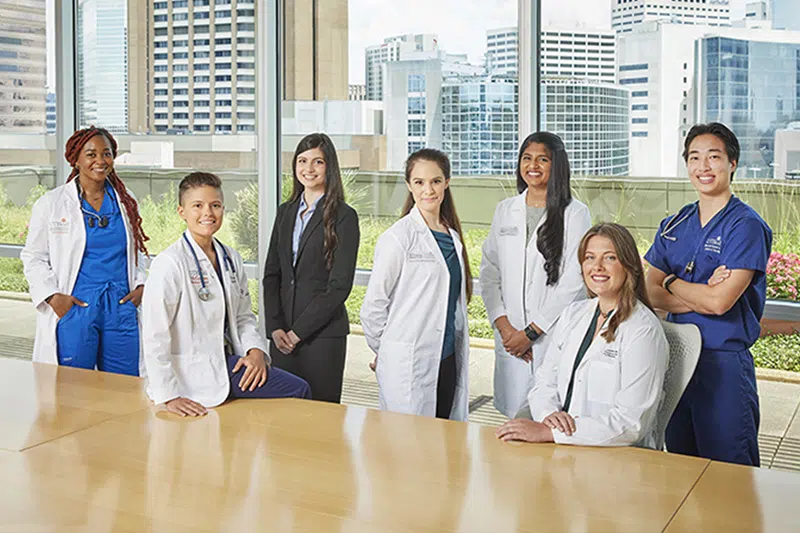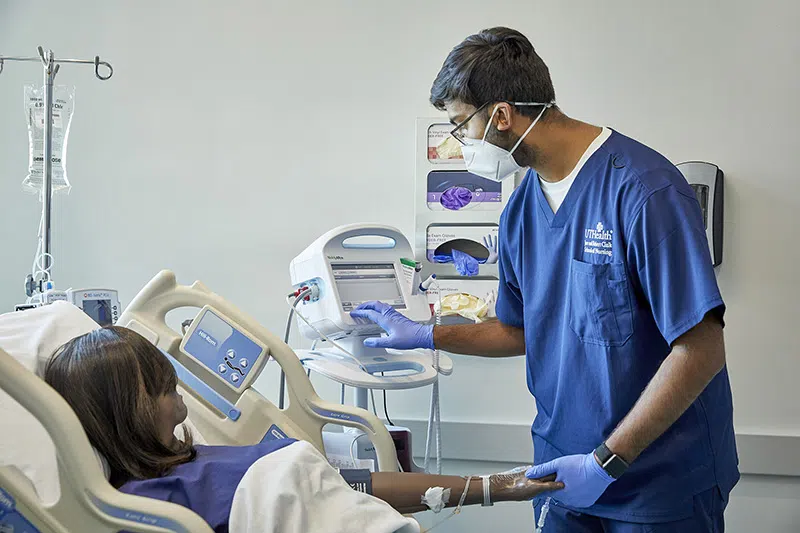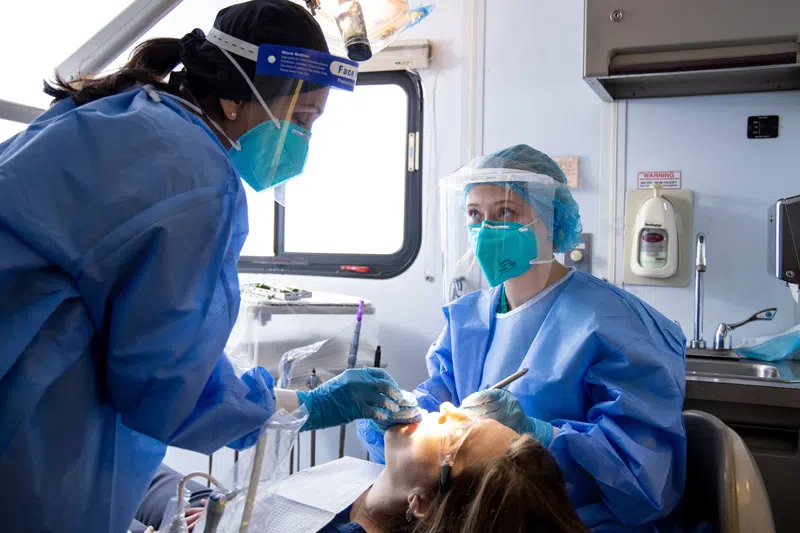EHS Main Office 713-500-8100 (answered M-F, 8:00AM-5:00PM CST)
EHS Hotline 713-500-5832 (after hours, weekends, holiday for the on-call safety specialist)
For Emergencies, Dial UT Police Dispatch 713-792-2890 or 911
Safety, Health, Environment & Risk Management’s (SHERM) mission is to work in conjunction with the UTHealth community to ensure that education, research, and health care service activities take place in conditions that are optimally safe and healthy for all students, faculty, staff, visitors, surrounding community and the general public.
Put simply, we exist to help people go home as healthy and safe as they arrived.
Our main office is located at the Operations Center Building (OCB 1.330) and we can be reached at 713-500-8100 or Fax 713-500-8111.
Join Dr. Robert Emery, "Safety Bob", as he talks about UTHealth Safety, Health, Environment, and Risk Management (SHERM) service roll to the University, peer reviews, client satisfaction surveys, and how it all ties together with our research and peer review publications. Please visit SHERM Academics for information on our link with UT School of Public Health’s Division of Epidemiology, Human Genetics & Environmental Sciences to include courses as well as our recent publications.
Reminder about PPE use:
This is a reminder to all research personnel that Personal Protective Equipment (PPE) should not be worn outside of the laboratory setting. Recently there have been instances of people observing researchers wearing in public spaces, specifically using gloved hands to open doors or push elevator buttons. After all, do you really know where that glove has been?
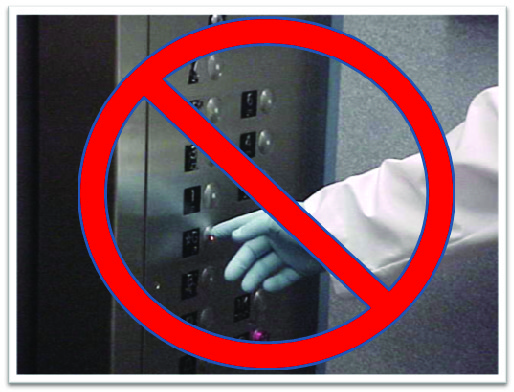 |
Please do not wear gloves or other PPE outside of the laboratory, especially on elevators, in hallways, or in break rooms.
|
If it is necessary to transport items between labs on the same floor, one hand may be gloved, while the other hand remains without a glove to open the doors between labs. Gloves should never be worn in the elevator or break rooms. Ideally items should be transported using carts and secondary containment, especially when transporting items between floors.
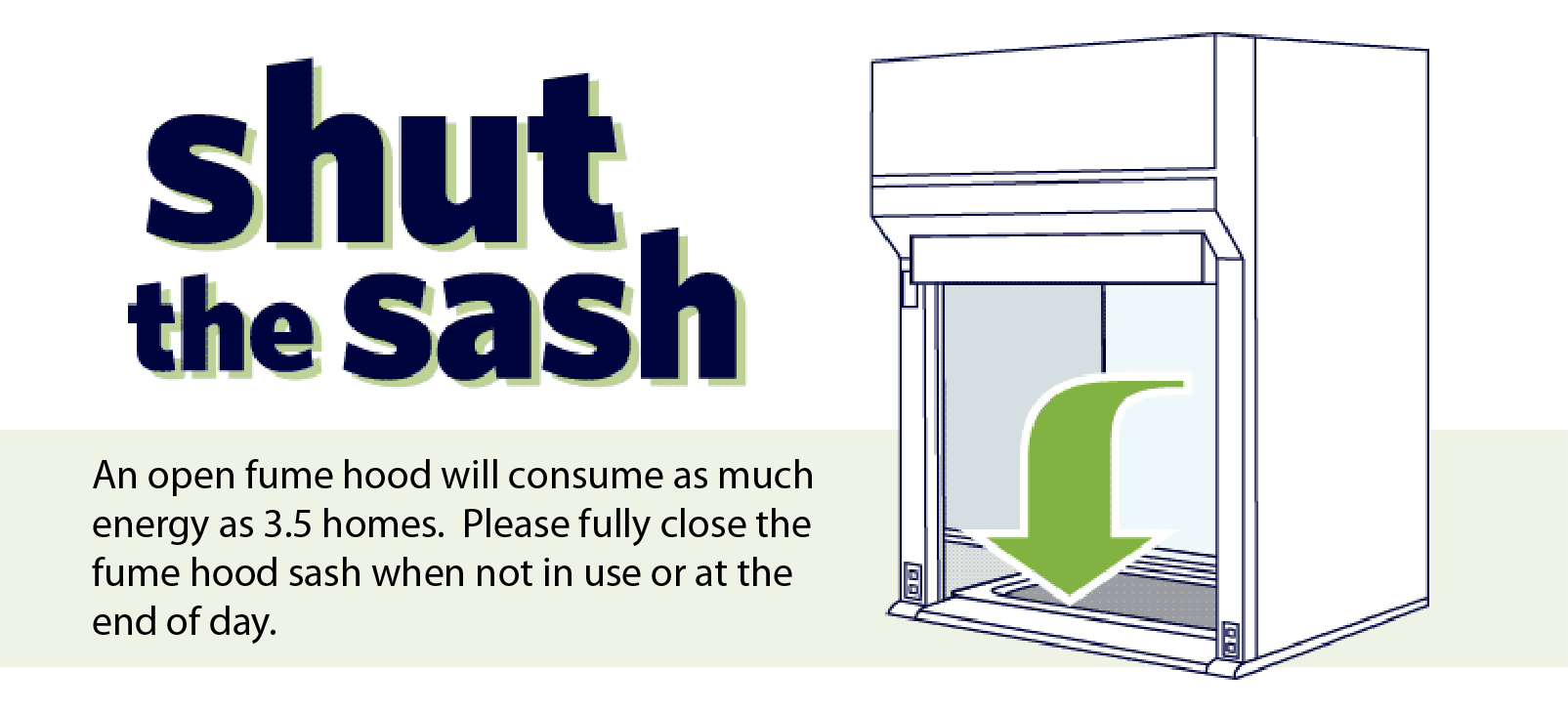
Environmental Health & Safety (EHS) and Facilities, Planning & Engineering (FPE) have partnered to help educate research staff on the safe and energy efficient use of chemical fume hoods within our UTHealth laboratories. Here is why we care about the chemical fume hood sash height:
For safety:
When using a fume hood, keeping the sash height at the designated height (which is clearly indicated by a bright yellow sticker) helps protect users from potentially dangerous chemical fumes and splashes.
For energy conservation:
Fully closing the fume hood sash when not in use, or at the end of the day after use, helps to save a considerable amount of energy.
Did you know?
- A single open fume hood consumes as much energy as 3.5 residential homes!
- Closing the fume hood sash helps to reduce the amount of air exhausted out of the building, therefore reducing the amount of air that must be conditioned within the lab space by the building’s HVAC system.
- Energy savings = cost savings for UTHealth!
We now have the capability to remotely monitor chemical fume hood performance, so don’t be surprised if you see a friendly EHS or FPE staff member coming by your laboratory to provide a reminder about keeping the fume hood sash closed when not in use.
Thank you for doing your part to work safely and energy efficiently!
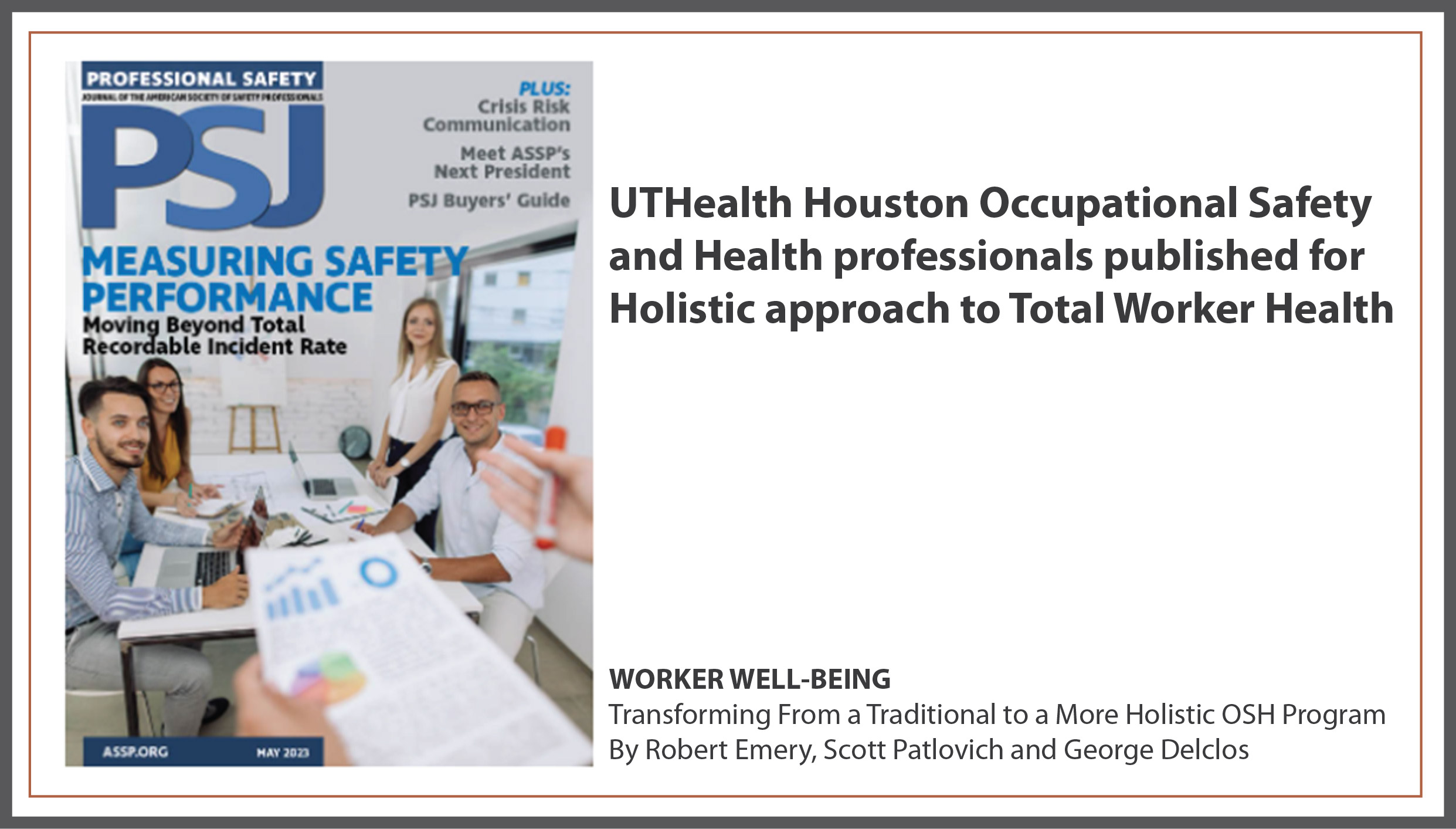
In the May 2023 issue of Professional Safety, the monthly journal by the American Society of Safety Professionals', Robert Emery, Dr.P.H., CSP, Scott Patlovich, Dr.P.H., CSP, and George Delclos, Ph.D., M.D. were featured for UTHealth Houston's Holistic approach to Total Worker Health. Featured in the journal as a Best Practice article the authors chronicle the approach, the systems, and philosophy behind the approach to keep everyone safe and healthy as they go about their day at the University. For more information, please select the link.
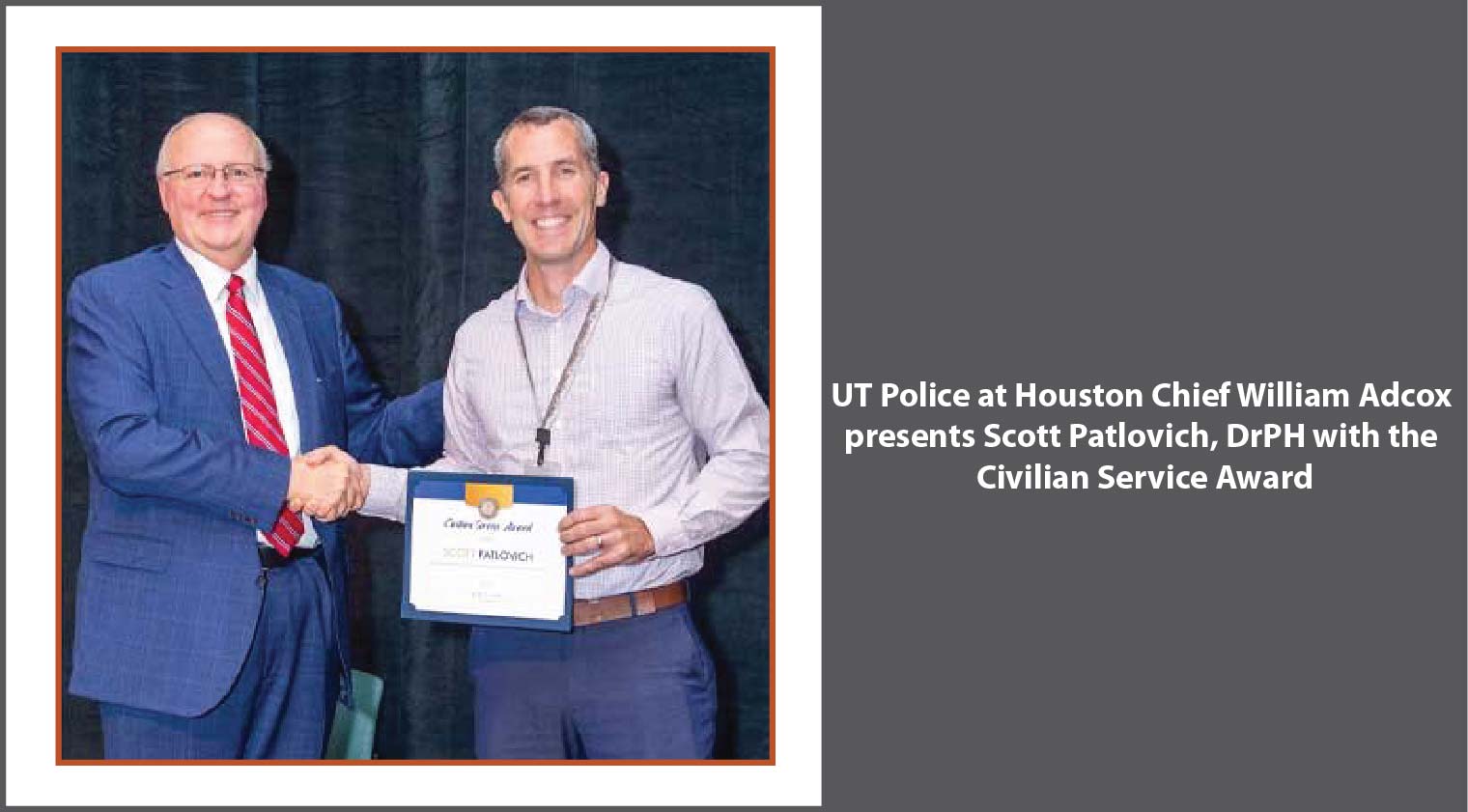
On May 17th UT Police held their 11th annual Awards and Promotions Ceremony in person for the first time in 3 years. UT Police Chief William Adcox said, “It means more than we could ever tell you, to come celebrate each other, the UT Police family, and our UT family. It's great to have everyone here.” The ceremony highlighted the importance of the partnership and collaboration between the UT Health Houston/MD Anderson communities and UT Police through the Civilian Service Awards. Among these individuals, our very own Dr. Scott Patlovich, was one of five individuals to receive the Civilian Service Awards. Other recipients to receive this award are Diane Confer, Dr. Carmen Gonzales, Altrivice Revis, and Mike Sanderson, all from MD Anderson. We extend our heartfelt congratulations to Scott as well as the other recipients of the Civilian Service Award.
We would also like to extend our congratulations to the numerous service award winners within UT Police. For more information about the Awards and Promotions Ceremony recipients -link
Referencing articles:
Honoring Achievements, Recognizing Promotions, and Embracing New Beginnings by Victoria Vazquez
Patlovich receives Civilian Service Award from UT Police by UT Police at Houston
The Legendary Safety Bob, no really, he's legendary....
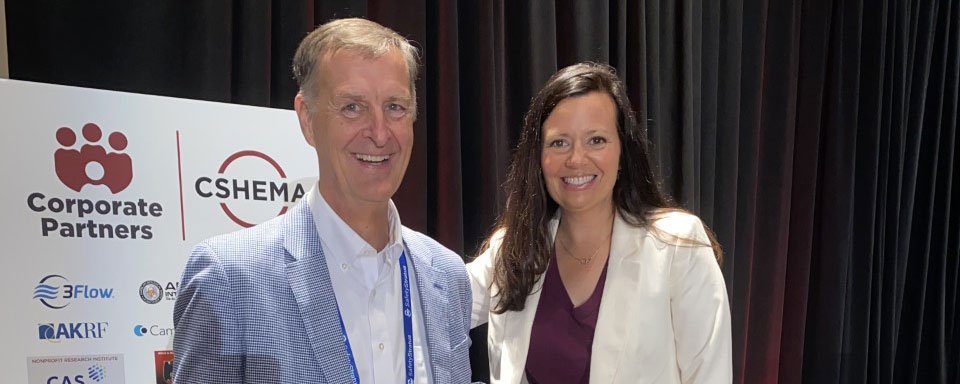
The Campus Safety, Health, and Environmental Management (CSHEMA), an organization that serves health and safety professionals that work in higher education, has honored one of our own Robert Emery, DrPH, with Legendary status among safety professionals. Known around campus as "Safety Bob", perhaps "the Legendary Safety Bob" might be a better nickname. Either way, we would like to congratulate him for this recent honor. You can find more information about the Legendary Safety Bob from Inside UTHealth Houston recent article by Faith Harper.
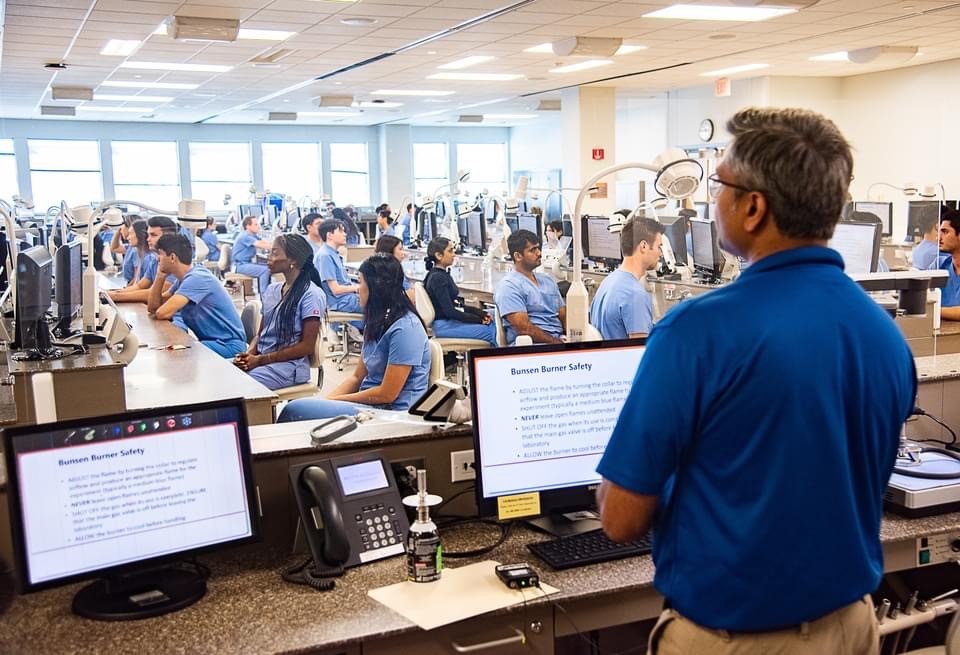 |
|
Online only, can be completed using Safety Assistant LMS
|
|
Online only, can be completed using Safety Assistant LMS |
|
July 31 - August 1, 2024
9:00 am - 12:00 pm
Cyclotron building Training Room
Both days are required to attend
WebEx training may be scheduled upon request
For directions to the Cyclotron building or CYF.
For a map using Google Maps click here
|
|
Online only, can be completed using Safety Assistant LMS
Please contact Biological Safety at 713-500-8170 regarding questions about this training
|
Questions regarding training or University Online Learning platforms?
Contact Stephen David at 713-500-5858
or contact our main office at 713-500-8100
For quick access to University Online learning platforms:
Safety Assistant LMS Available to all University Student's, Resident's, Employee's, and UTPhysicians Employee's.
iLearn Available to all University Employee's and UTPhysicians Employee's.
|


 Featured Donor
Featured Donor
